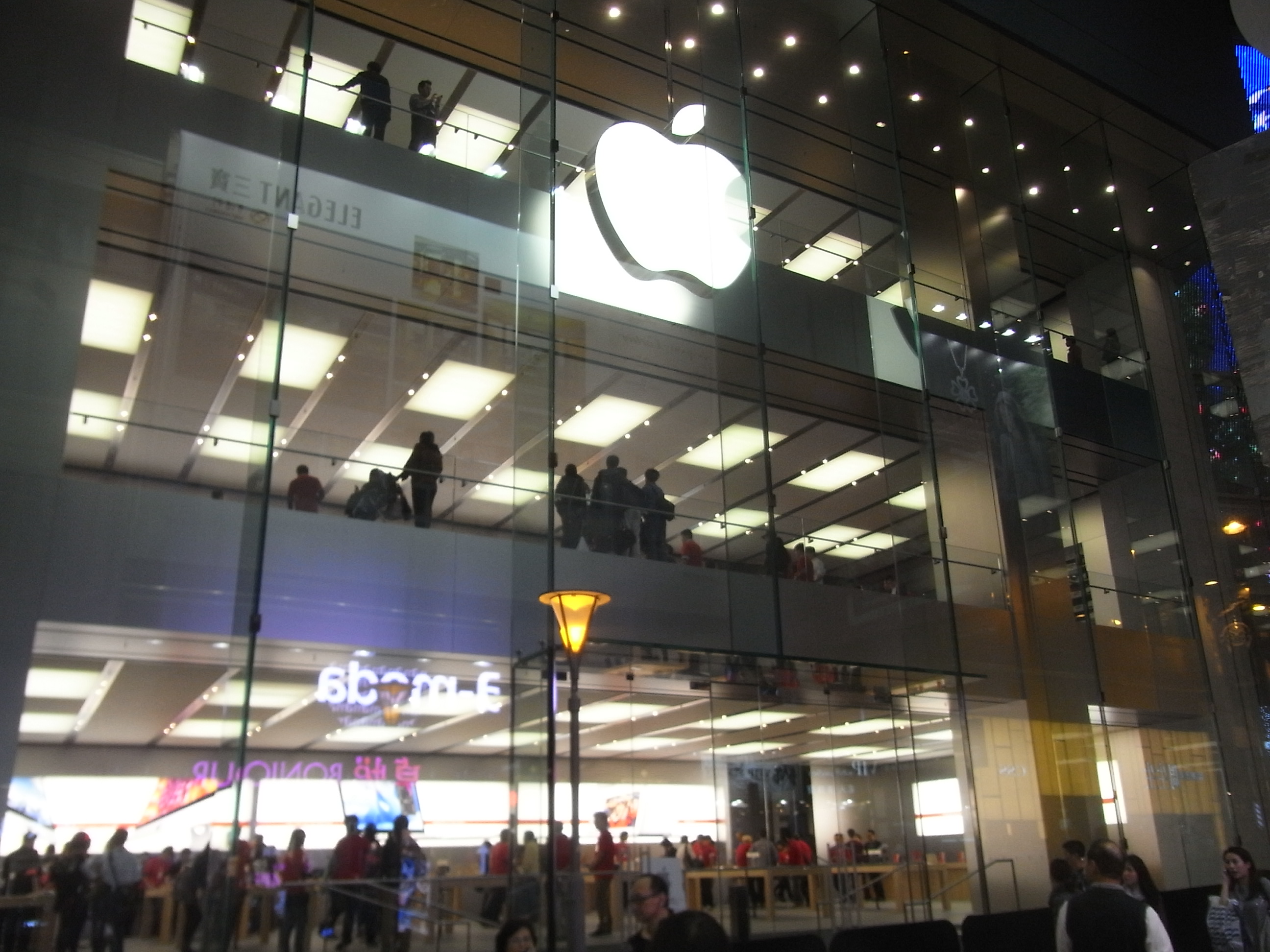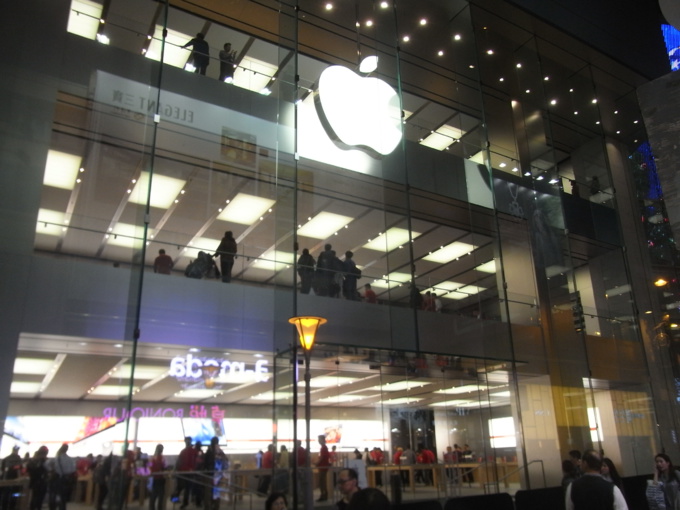The Chinese court demanded that Apple stop selling the old iPhone models in the country. Thus, it satisfied Qualcomm’s claim against Apple Inc.’s four Chinese subsidiaries. The court decided to immediately stop import and sale of the iPhone 6S, iPhone 6S Plus, iPhone 7, iPhone 7 Plus, iPhone 8, iPhone 8 Plus and iPhone X smartphones that infringe two Qualcomm patents. These patents were previously recognized by the SIPO Chinese Patent Office. The ban on imports and sales does not apply to the iPhone XS, iPhone XS Max and iPhone XR models presented in September 2018. This is stated in the message on the website of Qualcomm.
The controversial patents are related to photo editing and application management using the iPhone's touchscreen. The Wall Street Journal writes that a preliminary ban was imposed on November 30th.
“Apple continues to benefit from our intellectual property, refusing to compensate us,” says a report on the American chip maker’s website. “These court decisions are another confirmation of strength of Qualcomm’s patent portfolio.”
Apple replied that "Qualcomm's efforts to ban products are another desperate step on the part of a company whose illegal actions are being investigated by regulators around the world”. The iPhone maker assured that all models of Apple smartphones remain available to customers in China at the moment.
Against the background of the news of the loss in China, Apple’s shares fell at the opening of trading on December 10 by 2% to $ 165.2. Thus, its capitalization decreased by $ 15 billion, to $ 783 billion, continuing the negative trend that began after publishing of data on weak sales of new models in the world. Since early November, the company has lost more than $ 220 billion in capitalization.
This is not the first trial of the two companies, but last week Qualcomm CEO Steve Mollenkopf told CNBC in an interview that the company is “on the threshold” of resolving issues with Apple. Qualcomm is one of the largest suppliers of Apple, in particular, the main producer of cellular communication modules. Apple said it does not plan to release an iPhone with 5G support in 2019. Experts believe that this can be explained by desire to switch to chips by Intel, which has not yet released chips with 5G support.
source: forbes.com
The controversial patents are related to photo editing and application management using the iPhone's touchscreen. The Wall Street Journal writes that a preliminary ban was imposed on November 30th.
“Apple continues to benefit from our intellectual property, refusing to compensate us,” says a report on the American chip maker’s website. “These court decisions are another confirmation of strength of Qualcomm’s patent portfolio.”
Apple replied that "Qualcomm's efforts to ban products are another desperate step on the part of a company whose illegal actions are being investigated by regulators around the world”. The iPhone maker assured that all models of Apple smartphones remain available to customers in China at the moment.
Against the background of the news of the loss in China, Apple’s shares fell at the opening of trading on December 10 by 2% to $ 165.2. Thus, its capitalization decreased by $ 15 billion, to $ 783 billion, continuing the negative trend that began after publishing of data on weak sales of new models in the world. Since early November, the company has lost more than $ 220 billion in capitalization.
This is not the first trial of the two companies, but last week Qualcomm CEO Steve Mollenkopf told CNBC in an interview that the company is “on the threshold” of resolving issues with Apple. Qualcomm is one of the largest suppliers of Apple, in particular, the main producer of cellular communication modules. Apple said it does not plan to release an iPhone with 5G support in 2019. Experts believe that this can be explained by desire to switch to chips by Intel, which has not yet released chips with 5G support.
source: forbes.com



















